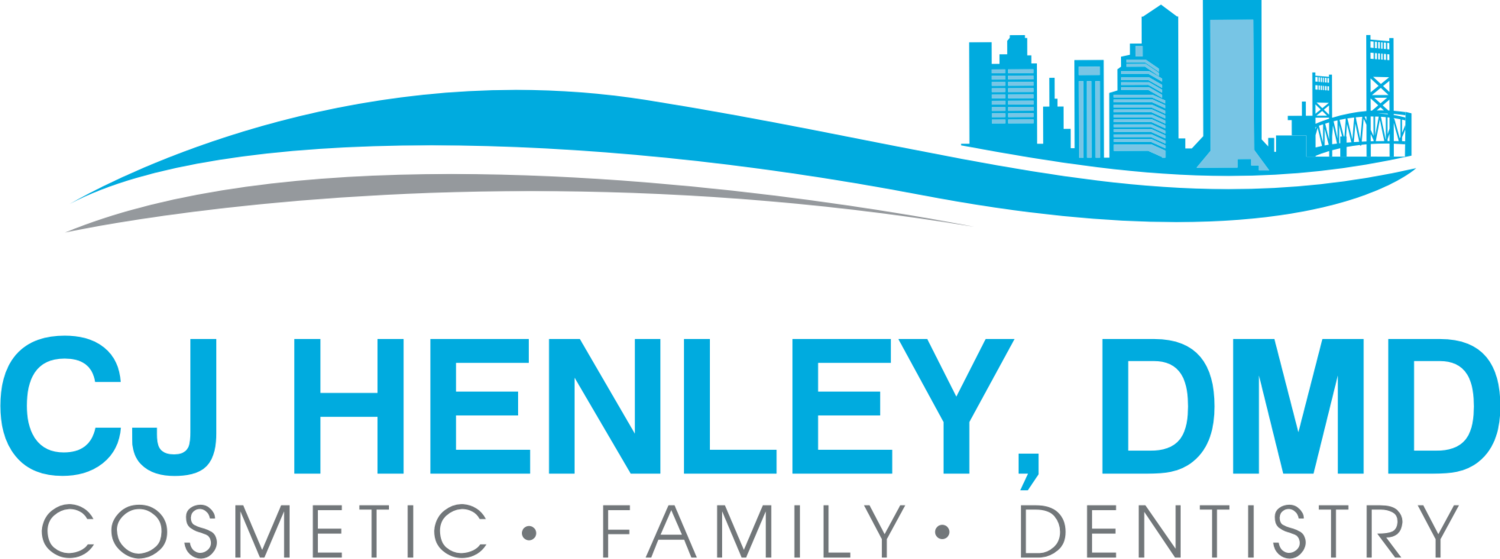Retirement and Dental Insurance
Retirement is exciting! Congratulations! After years of hard work, you deserve it! You've saved and you've tried hard to make good financial decisions. You only have one last decision; should you purchase dental insurance? Many of you have had dental insurance for most of your lives. When the cost is provided partially by employers, dental insurance can be a benefit to you and your family.
Now that you're retiring, signing up for dental insurance seems like the next logical step after navigating Medicare. However, make sure you look at the numbers before you take the dental insurance leap.
LET'S TAKE A LOOK AT DIFFERENT OPTIONS FOR DENTAL INSURANCE.
DMO VS PPO
Dental Maintenance Organization (DMO) insurance plans can seem like a great option. They are inexpensive monthly and they have minimum copays at office visits. One limitation with a DMO is you have to see the dentist that you're assigned to by your dental insurance. In some cases, this removes your right to use your dental insurance benefits at the dental practice of your choice. Another limitation with DMO plans is the office tend to have a high patient volume. Both Dr. Henley and Dr. Kelly believe that exemplary dental care requires time and individualized care.
Preferred Provider Organizations (PPO) are good because they typically allow you to choose a dentist that you want to see. This is great because you can continue to see your dentist. However, when you look at the numbers, they may not add up.
“There are very few cases where self-pay dental insurance will prove to be a financial win for patients. Dental insurance companies know this and depend on it to generate revenue.
COST ANALYSIS OF SELF-PAY DENTAL INSURANCE
As of the writing of this article the annual cost for a "middle of the road" PPO plan through Delta Dental is $511.44. (Dental for Everyone Gold Plan Delta Dental Premier) Let's consider a scenario over 5 years and consider insurance vs paying out of pocket.
CASE A: INSURED
Monthly Insurance Premium over 5 years = $2557.20
Annual Office Visit Copays over 5 years = $250.00
Cost of your portion of cleanings/exams/X-rays over 5 years (assume 80% coverage) = $290.00
Cost of your portion of a crown (assume 50% coverage) = $604.00
Total cost = $3701.20
It is important to understand that most dental insurances have an annual maximum that the insurance company will pay. For the plan discussed above the annual maximum is $1000.00. Once your insurance company had paid out the maximum, you are responsible for any costs thereafter. This is in contrast with most medical insurances. When you reach your maximum on most medical insurance plans, you are no longer responsible for the costs which exceed your maximum. The insurance company covers those excess costs.
CASE B: UNINSURED
Cost of cleanings/exams/X-rays over 5 years = $1450.00
Cost of crown = $1208.00
Total cost = $2658.00
That's a 5 year savings of $1043.20. Not to mention the piece of mind of continuing to see a dentist that you know and trust.
There are very few cases where self-pay dental insurance will prove to be a financial win for patients. Dental insurance companies know this and depend on it to generate revenue. Did you know that Delta Dental, the nation's largest dental insurance provider, posted 19.5 billion dollars in revenue for 2014?
We know that your money works best for you when it is in your pocket. We understand that dental care can be expensive. That is why Dr. Henley and Dr. Kelly are committed to providing you with the best dental care that will last you for years to come.
If you have any questions regarding dental insurance, even if we are not your dentist, please contact us at 904.398.1549.

